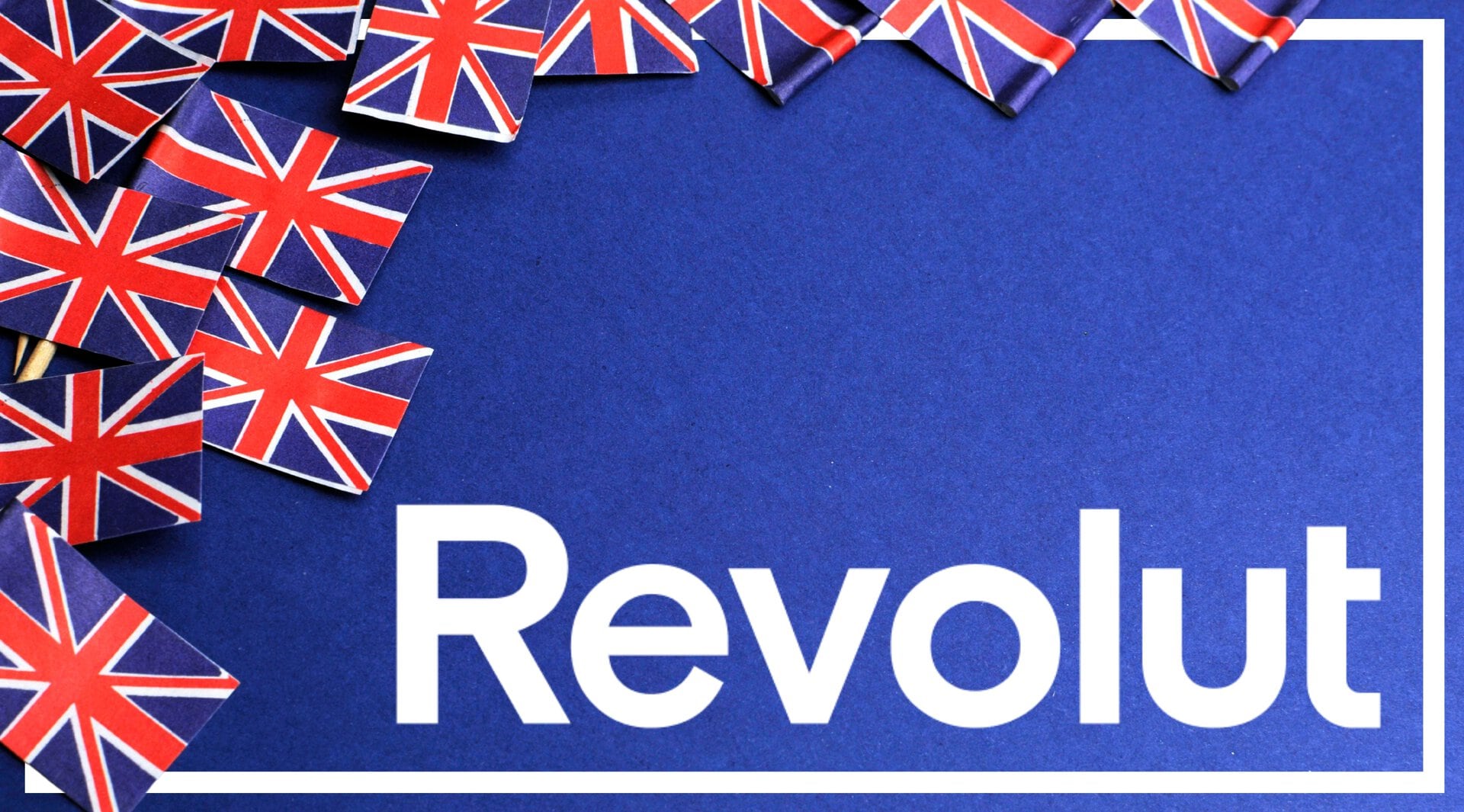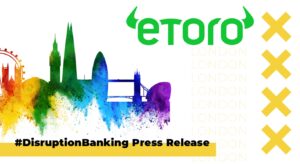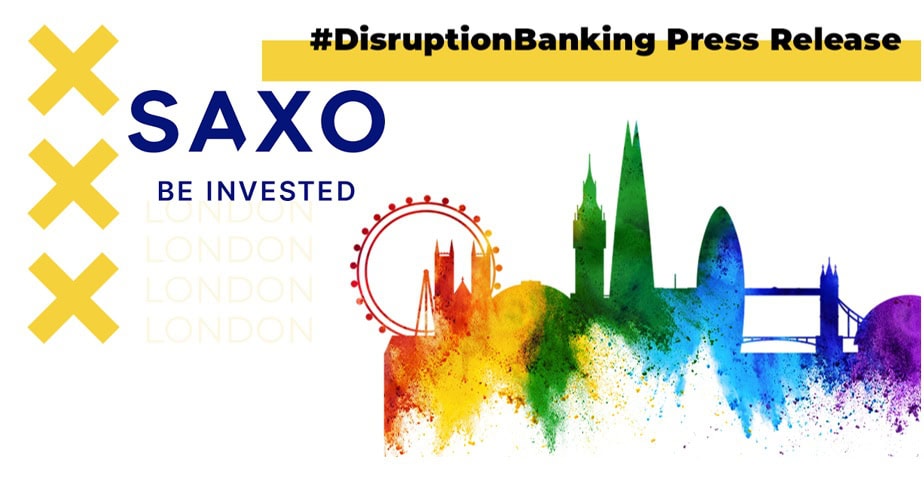As new fintech companies take an increasing market share, David M Brear, Group CEO, 11:FS, lyrically considers the questions that incumbents should ask themselves as they develop new services in response
There has been plenty of talk about challenger banks, fintech and the tech titans entering banking, as either collaborative partners or in direct competition to incumbents. Naturally, the question arises of who, ultimately, wins. But in attempting to answer that, we uncover more fundamental questions around ‘how’ and ‘why’. While just a few years ago it was easier to dismiss new market entrants, those firms are now taking major chunks of traditional business lines – from international payments, transfers and FX, through to savings, investments and retail accounts.
Meanwhile, incumbents have to deal with ever-increasing operating costs through legacy technology, resources and real estate. Their innovation spend is just layering more and more cost into operational spend without decommissioning the spaghetti that keeps the show on the road.
I think of this as the Red Queen’s Race from Lewis Carroll’s Through the Looking-Glass, where the Red Queen and Alice are constantly running, but remain in the same spot.
Billions spent to keep the lights on. To stand still. This was an acceptable outcome when winning was purely about size of customer base and everyone in financial services was treading water at the same pace. Threats were slow to appear; new entrants, such as supermarket brands, offered no real advantages other than some brand affiliation. But the world has changed, and banks are now busy trying to readjust to the new realities of a new axis based around the level of intelligent digital services.
“Consumers have come to expect services that are available on demand and increasingly tailored around the individual”
Changing expectations
Under the influence of Amazon, Spotify and Netflix, consumers have come to expect services that are available on demand and increasingly tailored around the individual. For that to truly happen in banking, the conversation needs to move away from digital transformation or innovation and get down to the job of actually delivering meaningful change.
Banks should be wary of the fintechs, challenger banks and the tech titans who won’t just copy the traditional banking model, they’ll be doing something brand new that they would not expect, which will cause tension in the market. But real fear should be saved for the real business-killers: apathy and a lack of respect for the challenge ahead. That’s the real opponent. That’s where the danger lies and that’s what banks have been getting wrong for too long.
“With new possibilities being opened up, what is the purpose of banking? What can the bank meaningfully do?”
The important questions are not which technology wave to catch, or how to implement a voice strategy. It’s not a question of which startup to partner with, or emergent technology to back. They’re more fundamental. With new possibilities being opened up, what is the purpose of banking? What can the bank meaningfully do? What can you achieve with credibility, reliability and capability that customers would want? Do you even have the brand permission to make any of this possible?
Culture and desire
As financial services transform into a more open and collaborative landscape, attitudes and cultures must shift. For banks, these are not things that you can just train in to your people – it begins with the skill sets you hire for, nurture and build around, and the leadership that inspires it.
Multiple new entrants have shown the big banks that, if you come to market with expertise and the right culture with a real desire and hunger to deliver what customers need, then you can achieve amazing things.
Startups don’t need to write a five-year business case, they have no “digital” strategy and don’t need to get 14 committees to approve. They need to build something that customers want, so they can secure more investment and fast.
We’re already seeing some promising signs from the incumbents. Goldman Sachs released Marcus to huge success, and RBS launched Mettle, to service small businesses through a truly digital experience. These are the organisations that are trying to rekindle the desire to deliver better customer experiences and what that means for both their customers and themselves.
To achieve this, they needed to be agile. True agility is not a methodology, it is in product development and engineering, where firms can move from idea to it being safely and securely executed to their customers in a fraction of the time it currently takes.
New challengers can move at pace because they have a tech stack and mentality that allows them to. Data is accessible, clean, and available in real time. Their core banking engines are designed around integrated customer identity systems, not ones that are siloed around product lines. They’re easily configurable, allowing the flexibility to create new financial products and, more importantly, services, quickly and easily.
But true agility also means having small, autonomous, multi-disciplinary teams that can take an idea to execution, not pass it from one team to another. Endless committees and sign-off at every level hamstring the process. Give the right remit to a small team of highly skilled talent, laser-focused on solving real customer problems, and they can achieve great things.
So, who wins? The exciting thing is this is really all up for grabs. But it requires a new way of hiring, thinking and delivering that some incumbents may never achieve. And some that do will find it’s already too late.
“Give the right remit to a small team of highly skilled talent… and they can achieve great things”

















One Response